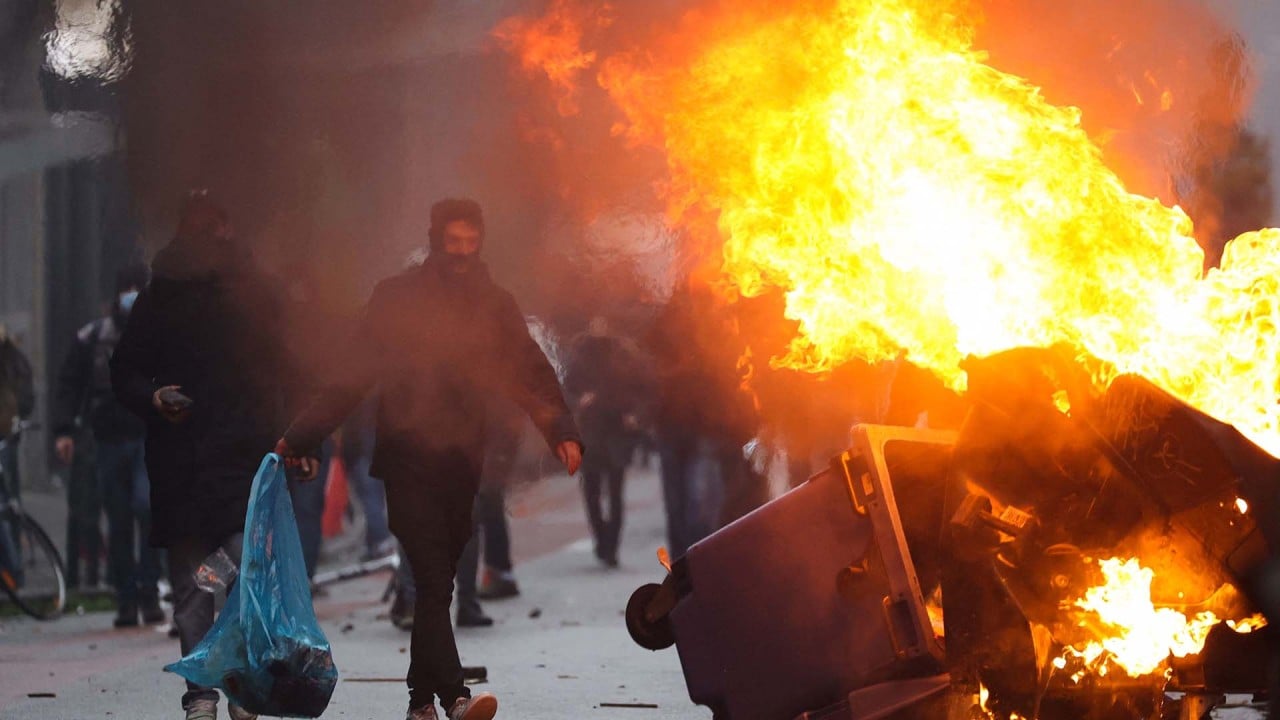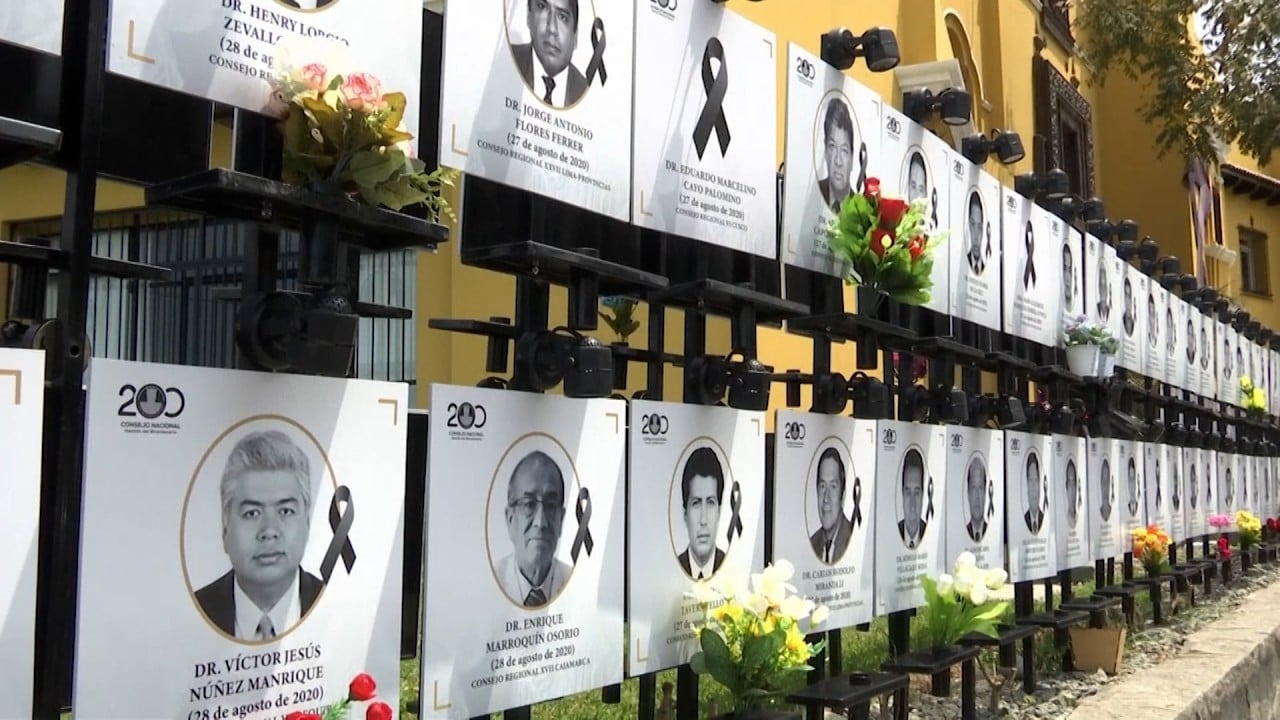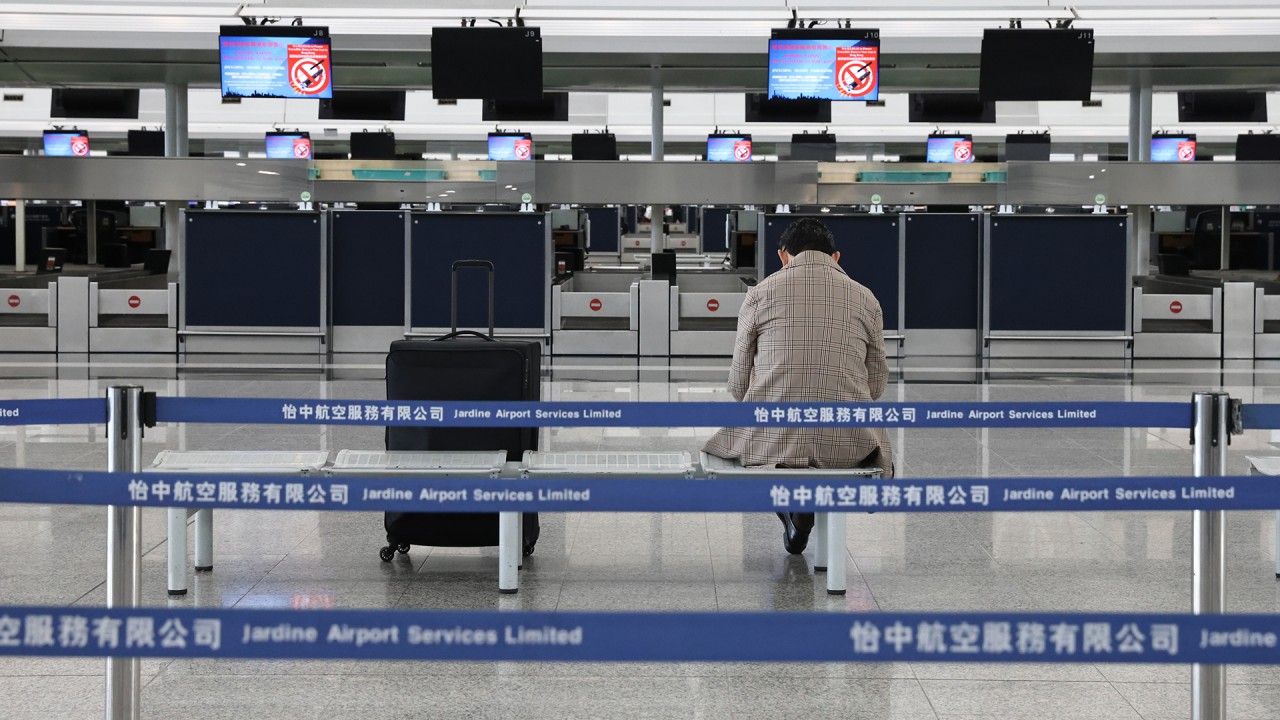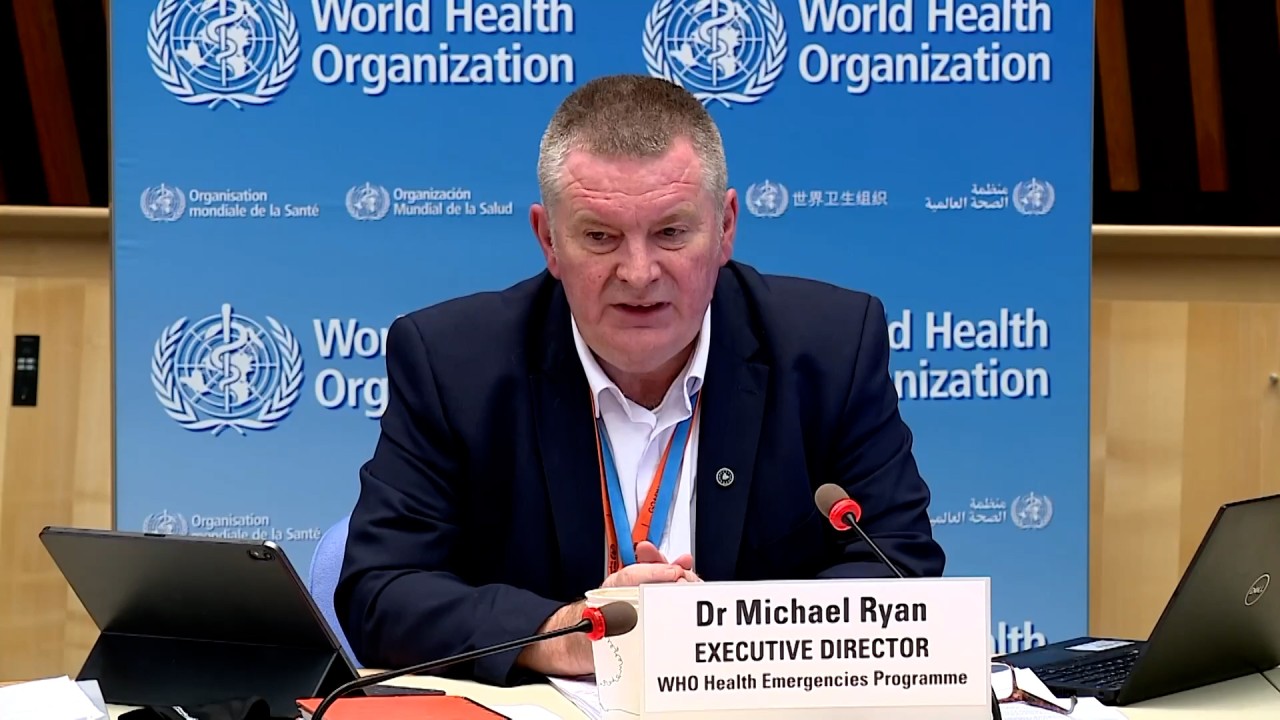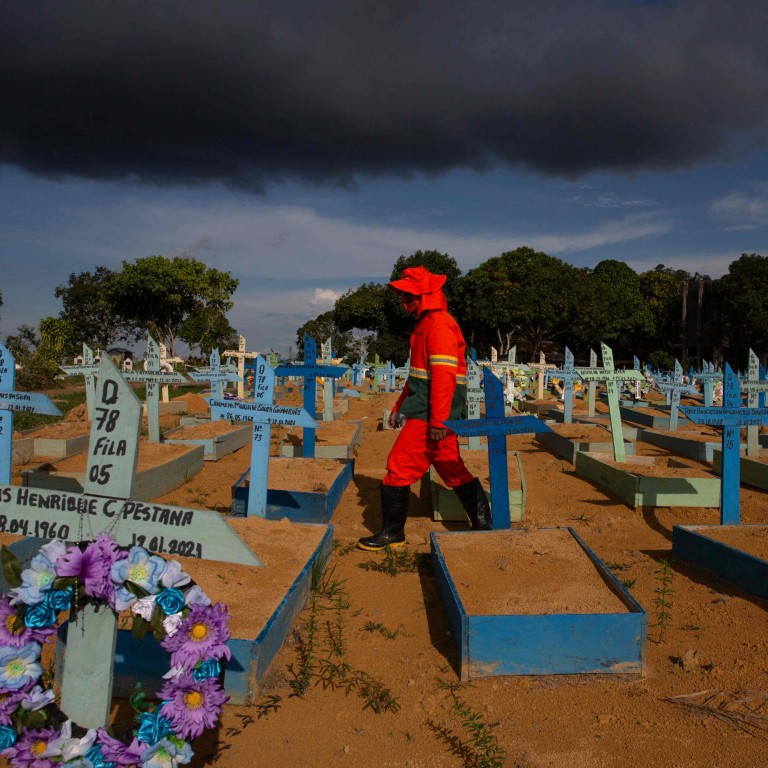
Lessons from the Covid-19 pandemic are clear – but are we ready to apply them?
- We know which countries to learn from and what practices to adopt, but political tensions and fears cause leaders to hesitate
- Perhaps more power and funding ought to be ceded to multilateral organisations like the WHO to tackle global threats – but how many political leaders would do that?
After almost two years of being haunted and immobilised by Covid-19, there is ambiguity, debate and disagreement over what ought to be a simple answer to a simple question: who has managed the pandemic best?
We could look at the data on cases and deaths. Since January last year, the World Health Organization says there have been more than 258 million cases and 5.16 million deaths – with 45 per cent of the death toll in the Americas and 29 per cent in Europe. This suggests many of the right lessons should be learned from Asia.
Or we could look at the economies with the fewest cases and deaths per capita. One problem is that the list is crowded with tiny, distant, island economies. It also includes China and Hong Kong which, given poisoned and polarised international relations, are either ignored or given credit for nothing.
People’s eagerness to castigate China, where the first infections were reported, seems to far outweigh our willingness to acknowledge and learn from Beijing’s astonishing success in managing the pandemic.
But many of the apparent reasons for their success were politically problematic: early, aggressive action, strict social distancing, aggressive monitoring, pervasive surveillance and massive vaccine distribution – all with awkwardly authoritarian aspects. This has left many democratic Western economies reluctant to learn from or emulate them.
Despite the international political tensions that have muddied analysis, there is growing confidence in the most effective prevention regimes.
These include: act fast, close borders and restrict internal travel; wear masks, maintain social distance, and do simple things like washing hands and maintaining good ventilation; follow the science; use lockdowns and quarantines fast and comprehensively; vaccinate as quickly as possible, introduce mass testing and contact tracing; and, be patient.
These measures are so obvious and relatively simple (with the exception of producing vaccines fast) that it is perplexing that so many countries failed. For this, we perhaps need to think about the “support factors” such as:
-
Past experience, in particular of the 2003 severe acute respiratory syndrome (Sars) outbreak, which prompted communities to recognise the gravity of the threat early, and adopt protective practices fast and willingly.
-
Underlying community health and strength of basic health care infrastructure, in particular nursing and elderly care.
-
Low population densities, which make it easy to social distance (like in Norway and New Zealand).
-
Social cohesion and a compliance culture – conspicuously present throughout East Asia in Singapore, Japan, Taiwan, mainland China and South Korea.
-
A culture of patience, underpinned by trust in government, which persuaded communities to tolerate the appalling inconvenience, intrusion and losses from both the pandemic and government-led countermeasures.
But the pandemic has also raised questions with broader social and political significance. First, where do freedoms end and obligations begin? Autocrats have tended to fare better than democratic leaders.
So too have “unitary” governments compared to those (like the US) with strong divisions between state and federal authority. Much as we cherish our freedoms, communities that most zealously cherish their independent right to act as they please have been powerfully sideswiped by the pandemic.
Then, what are the appropriate limits to monitoring and surveillance? Different electorates have different privacy thresholds and tolerances for government “intrusion”. Tech-driven track-and-trace measures may be invaluable in fighting a pandemic but, in many communities, they are unacceptable.
Hong Kong must not sacrifice privacy in the name of Covid-19 control
There is embarrassment that yardsticks of health care systems like the WHO Joint External Evaluation and Johns Hopkins Global Health Security Index were such poor predictors of effective responses when Covid-19 struck.
As Chris Murray, head of the Institute for Health Metrics and Evaluation in Seattle, said: “All our prior thinking on how to protect people needs to change. The past data on pandemic preparation measures turns out to have not been predictive.”
As the pandemic subsides and governments consider how to build resilience, fierce arguments will arise over how much more needs to be spent on health care, and how to fund it.
Perhaps the most important question is what powers, and what funds, should be transferred to multilateral organisations to tackle global threats like a pandemic? Many Covid-19 handling mistakes and problems arose from governments’ failure or refusal to cooperate.
Yet here is perhaps an intractable political conundrum: what political leader will ever cede power to an unelected foreign body over management of such a massive crisis, or allow that body to control how billions of precious taxpayer funds are spent?
Sadly, the answer must surely be near to none. The pandemic management lessons may be clear, but not our ability to respond.
David Dodwell researches and writes about global, regional and Hong Kong challenges from a Hong Kong point of view


